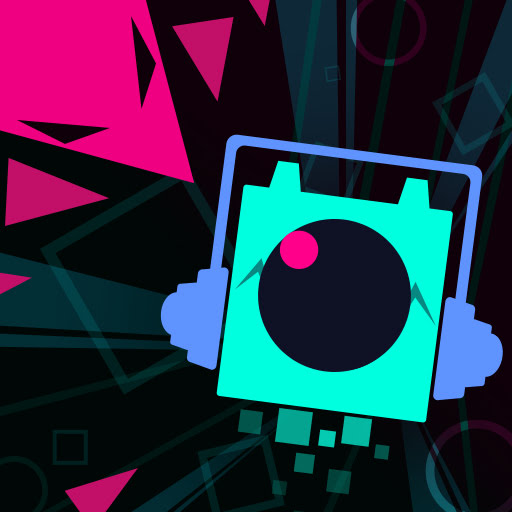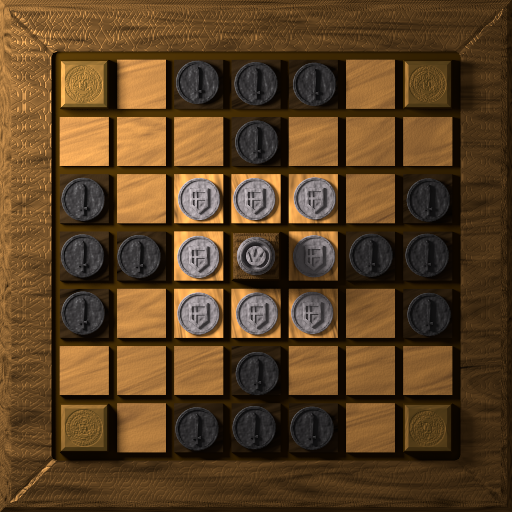Microsoft's recent venture into AI-generated gameplay, inspired by the classic game Quake II, has ignited a heated online debate. Utilizing their new Muse and World and Human Action Model (WHAM) AI systems, Microsoft has created a demo that dynamically generates gameplay visuals and simulates player behavior in real-time, without relying on a traditional game engine.
As detailed by Microsoft, this demo allows players to interact with an environment where each input triggers a new AI-generated moment, simulating the experience of playing Quake II. The company views this as a pioneering step toward AI-powered gameplay, offering a glimpse into future interactive experiences.
However, the reception to this demo has been overwhelmingly negative. After Geoff Keighley showcased the demo on social media, the response was swift and critical. Many gamers and industry observers expressed concerns over the quality of the AI-generated content, with some fearing that a reliance on AI could lead to a loss of the "human element" in game development. Critics worry that if AI becomes the norm, it might result in less engaging and less creative games.
One Redditor lamented the potential future where AI-generated "slop" becomes standard, suggesting that gamers might still purchase such products despite their lower quality. Another critic highlighted Microsoft's ambition to build a catalog of AI-generated games, questioning the technology's ability to deliver a coherent and enjoyable gaming experience.
Despite the backlash, not all feedback was negative. Some users acknowledged the demo's potential, viewing it as a showcase of what AI could achieve in the future. They suggested that while the current demo isn't playable or enjoyable, it represents a significant step forward in AI technology and could be useful in early concept and pitching phases of game development.
The debate around Microsoft's AI demo reflects broader concerns within the gaming industry about the role of generative AI. Recent examples, such as Keywords Studios' failed attempt to create an entirely AI-generated game, and Activision's use of AI for assets in Call of Duty: Black Ops 6, underline the mixed reception and ongoing experimentation with this technology. Additionally, the use of AI in entertainment has sparked ethical and rights issues, as seen in the reaction to an AI-generated video featuring Horizon's Aloy.
As the industry continues to navigate these challenges, the conversation around AI in gaming remains a critical one, balancing innovation with the need to maintain quality and human creativity in game development.














